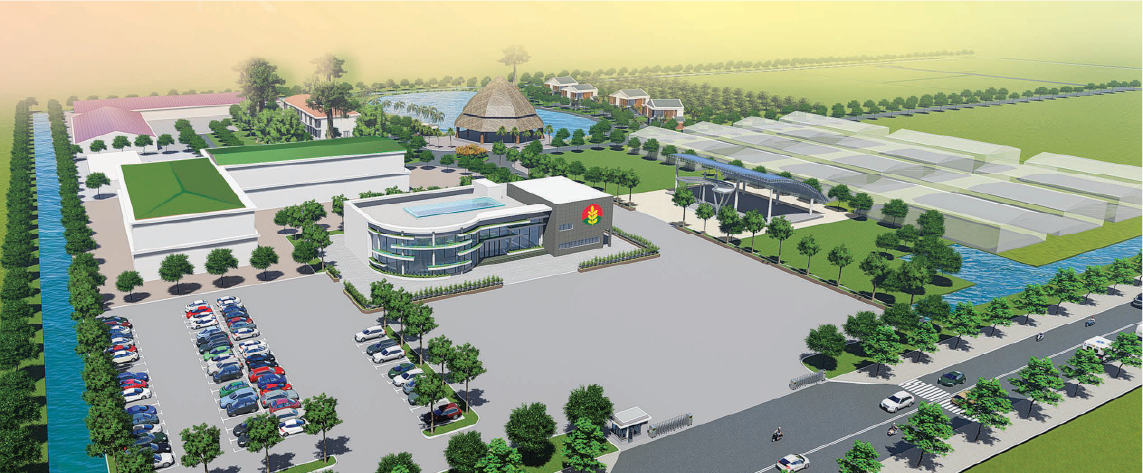The impacts of PVCFC’s business operations on environmental and social issues extend beyond activities within the factory premises.We are aware of the environmental and social impacts resulting from the production and supply of raw materials, chemicals, and services essential to our business operations. Therefore, in our supplier selection process, we require and only choose entities that comply with legal requirements concerning environmental and social standards. In the coming years, we plan to gradually incorporate deeper environmental and social assessment criteria into our supplier evaluation process.

THE ROLE OF A SUSTAINABLE SUPPLY CHAIN AT PVCFC
A sustainable supply chain is a system designed and operated to optimize resource efficiency, minimize negative impacts on the environment and society, and ensure long-term sustainability for all stakeholders involved.
We recognize that a supply chain designed and operated to optimize resource efficiency, minimize negative impacts on the environment and society, while ensuring long-term sustainability for all stakeholders is essential.
We believe that building a sustainable supply chain is not only a compulsory requirement but also a key strategic factor for maintaining competitiveness and achieving sustainable development. Ensuring that our suppliers comply with sustainability standards helps us mitigate risks, enhance operational efficiency, and contribute positively to the community and the environment.
Currently, 100% of our technology licensors (Topsoe, Toyo, Saipem, Espindesa) meet environmental and social criteria, such as waste management, energy saving, pollution reduction, occupational safety, and ethical commitments. These evaluations are conducted by reputable independent assessors.
In the future, we plan to develop an assessment model for our main equipment suppliers within the supply chain. We are also considering applying these evaluation criteria to future investment decisions to ensure that all activities and investments align with the company’s sustainability goals.
A sustainable supply chain not only plays a vital role in optimizing operational performance but also has a profound impact on the environment and society. Activities within the supply chain, from production and transportation to distribution, can positively or negatively affect natural resources, working conditions, and surrounding communities. A sustainable supply chain helps minimize carbon emissions, utilizes resources more efficiently, and ensures fair working conditions.
We believe that building a sustainable supply chain is not only a mandatory requirement but also an important strategic factor to maintain competitiveness and sustainable development. Ensuring that our suppliers comply with sustainable standards helps us minimize risks, improve operational efficiency, and make a positive contribution to the community and the environment.

SPECIFIC ACTIONS BY PVCFC
In 2023, PVCFC utilized traditional supplier assessment criteria, such as evaluating financial capability, production capacity, and after-sales service, without incorporating specific environmental and social evaluation criteria. However, we ensured that there were no violations related to environmental and social issues from our suppliers within the supply chain during the year 2023.
According to our proposed roadmap, in 2024, PVCFC will officially implement a procurement policy that ensures transparency, fairness, and equity among suppliers. We also plan to establish a model for assessing key equipment suppliers within our supply chain. Additionally, we are considering the application of specific environmental and social evaluation criteria for future investment decisions to ensure that all activities and investments align with the company’s sustainability goals.














